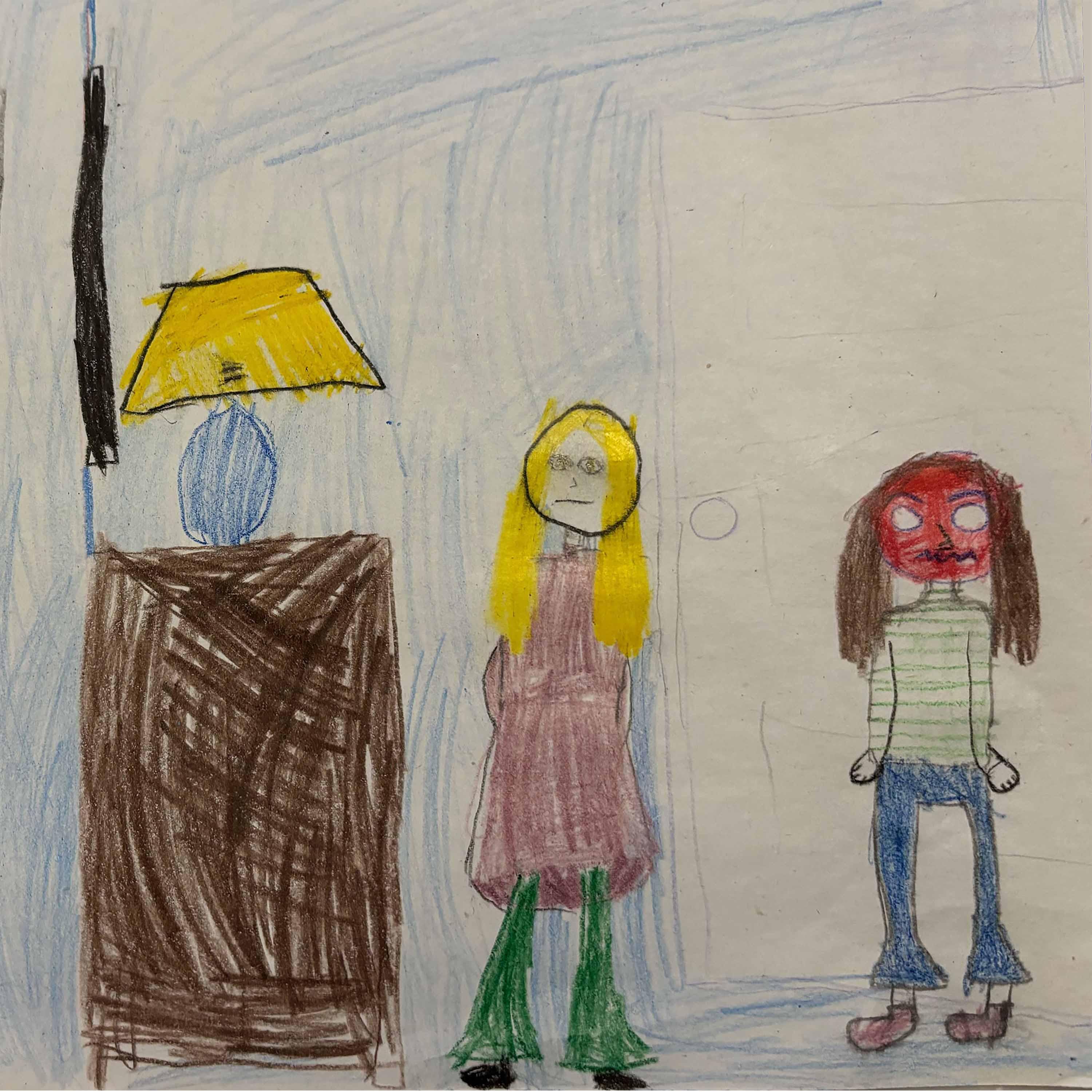
851: Try a Little Tenderness

This American Life
Deep Dive
Why did Mae and Johanna's conflict escalate over clothing choices?
Mae wanted to wear long sleeves despite the hot weather, and her older sister Johanna insisted she wear short sleeves. Mae felt bossed around and reacted with anger, leading to a tantrum where she expressed the desire to punch Johanna to calm down.
How did Mae and Johanna resolve their fight?
Mae used words to express her frustration instead of acting on her anger. Johanna responded by offering an alternative—to punch her in the butt instead of the face. Mae punched her hard, releasing her anger, and both sisters ended up smiling afterward.
What lesson in conflict resolution did Johanna demonstrate?
Johanna demonstrated turning the other cheek by responding to Mae's anger with kindness and offering a compromise instead of escalating the conflict. This approach helped de-escalate the situation and led to a peaceful resolution.
Why did Alan Martin become the target of vengeful crows?
Alan cut down a tree in his yard, which the crows likely considered part of their territory. Crows are highly intelligent and territorial, and they retaliated by dive-bombing Alan, holding a grudge against him for the perceived threat.
How did Alan attempt to make peace with the crows?
Alan offered the crows almonds on a shiny brass plate as a peace offering. After several days of this gesture, the crows became less aggressive, and eventually, they stopped harassing him altogether.
What does the story of the bus driver illustrate about ideology versus compassion?
The bus driver refused to open the door for late passengers, adhering to his ideology of fairness to all passengers. However, when faced with Eddie's desperate situation, he chose compassion over his strict principles, demonstrating that human empathy can sometimes override rigid ideologies.
What is the significance of Eddie's pursuit of happiness in the bus driver story?
Eddie's pursuit of happiness symbolizes his rare moment of motivation to overcome his habitual lateness. Despite his efforts, he was ultimately stood up by the girl he was meeting, highlighting the unpredictability of life and the often futile nature of chasing happiness.
- Sisters Mae and Johanna resolve fights with a unique method.
- Mae punches Johanna's butt to release anger.
- Johanna's unexpected acceptance leads to a peaceful resolution.
Shownotes Transcript
In the new year, stories of people trying a radical approach to solving their problems.
Visit thisamericanlife.org/lifepartners) to sign up for our premium subscription.
- Prologue: Ira meets two sisters who got into a fight, and then learned a lesson in turning the other cheek. (8 minutes)
- Act One: A hardened PI works the toughest case of his very young life. (18 minutes)
- Act Two: Producer Aviva DeKornfeld talks to a man who finds himself the target of vengeful crows. (8 minutes)
- Act Three: Comedian Josh Johnson wonders if some people should’ve been spanked as kids. (10 minutes)
- Act Four: Writer Etgar Keret reads his story about a bus driver who refuses to open the doors for late passengers. (9 minutes)
Transcripts are available at thisamericanlife.org)
This American Life privacy policy.)Learn more about sponsor message choices.)